Popular on Food52
36 Comments
Kevin M.
August 5, 2017
Pay attention to your food as you cook/prepare it, it's telling you how to work with it, how to treat it, and what to do with it. It may take a while to realize this but once you do, you'll really have fun in a kitchen.
ChefJune
June 17, 2016
Be fearless in the kitchen. Don't be afraid to make a mistake. You might just create a new masterpiece. Just go for it.
Oh, and don't bother with food you don't even like.
Oh, and don't bother with food you don't even like.
Donna M.
March 8, 2016
my G-ma told me long ago, " if you start with good ingredients and keep an eye n don't burn you are more than halfway there."?
Nancy
January 13, 2016
With baking, start using a scale from the get-go - your friends will wonder how you became such a better baker than they are.
Elizabeth B.
July 27, 2015
Very sound advise! I especially like the notion of committing a few outstanding recipes to heart! We are also bonkers for fresh herbs in our household. I grow a bunch in the back and pluck daily! Keep a stocked kitchen is paramount and will enable the kitchen creativity to flow!
Jane G.
July 21, 2015
Take a cooking class. (One that sounds like fun to you. If you live in NYC, look at the recreational classes at ICE.) ONE cooking class with a good chef will teach you more than you'd ever imagine.
Keep your ingredients in glass jars.
As painful as it is, dump spices more than a year old.
Freeze poppy seeds.
Keep your ingredients in glass jars.
As painful as it is, dump spices more than a year old.
Freeze poppy seeds.
Kathleen D.
July 20, 2015
Keep your pantry well stocked, create a menu of 2-3 meals you plan to cook and shop for the ingredients. Fresh herbs are best. Cook fresh and local.
JAC
July 20, 2015
Master some basic recipes & techniques, roast chicken, braised pork, beef stew, a basic omelet & so on. When you have the basics under your belt, play with your food! Experiment with spices, sauces, mix up the vegetables, make it new, make it fun, make it all your own!
Virginia M.
July 20, 2015
This is my favorite comment
Sam1148 says to follow a recipe first as written, but then after you've done so, don't be afraid to improvise.
This is great, simple advise that will teach you about the recipe and what your cooking style will brings to that recipe.
Sam1148 says to follow a recipe first as written, but then after you've done so, don't be afraid to improvise.
This is great, simple advise that will teach you about the recipe and what your cooking style will brings to that recipe.
Lani F.
July 20, 2015
Plan your week of meals ahead of time - this makes grocery shopping easier and you'll find yourself saving money too! Set aside a day to do early prep for the week!
Alexis S.
July 20, 2015
Cook most of your meals at home so that you learn how to maintain your larder. The objective is to keep your food supply in constant rotation through fresh from the market to storage to plate to repurposing leftovers. Keeping track of stocks, herbs fresh and dried, using leftovers and scraps, making the most of seasonal produce, using all the parts of the meats, experimenting with different fats and making your own condiments- all of this kind of know how comes from a regular presence in the kitchen.
Lisa M.
July 20, 2015
Also, learn about flavor, try new spices, use your favorites in unusual ways. I do not hate the Food network like the others. When I was learning, it was the only place to get wisdom. Take what is useful and ignore the rest.
Lisa M.
July 20, 2015
I am rarely 100% satisfied with what I make, but the joy is in making and sharing and I don't make inedible food anymore. Remember, those eating will appreciate what you consider simple pedestrian food.
Loredana A.
July 20, 2015
Learn the basics...stocks, sponge cake, cooking eggs properly, meringues, cookies, steaks, cooking fish and rice...and once you've found a great basic recipe, commit it to memory and go to town personalising it every time you make it.
Smaug
July 19, 2015
Others may have gained greater mastery over cooking commercially for strangers, they know nothing of your tastes, which should be guiding what you do. Commercial cooking is worlds away from home cooking- the situation is different, but more important, what you're trying to accomplish is completely different. Listening is one thing; you don't have to believe everything. You do NOT need salt in everything, more fat is NOT always better, nor is more sugar, half raw meat is not better etc.- if you like it that way, fine, but commercial cooking is far to much about making a first impression and making a profit, things you don't really need to emphasize at home.
Dorcas@feelgoodfoodblog
July 19, 2015
To optimize your cooking experience, always get your mise en place (measured out ingredients in ramekins) ready before starting to cook. This creates cooking efficiency, less distractions and makes you a rock star in the kitchen!
Joanne C.
July 18, 2015
Knife skills is a big must. Some professional education goes a long way, not only to speed you up, but also to make you more safe. The biggest take-away though? Sharp is safe.
boulangere
July 18, 2015
Read a lot. Your public library is an excellent resource. Read about cuisines you know nothing about. Explore widely. And stay away from the Food Network.
Steve
July 18, 2015
I would agree with everything you said, including the part about staying away from the Food Network, except for Alton Brown's "Good Eats" (and ONLY "Good Eats"). Despite the theatricality of that ONE show, Alton Brown teaches useful things on THAT SHOW- technique, the science of cooking, and cleanliness (next to godliness in the kitchen, and ignored too often elsewhere). Some of the programs during the day also teach, at least somewhat, but the evening and nighttime lineup is really a waste of time.
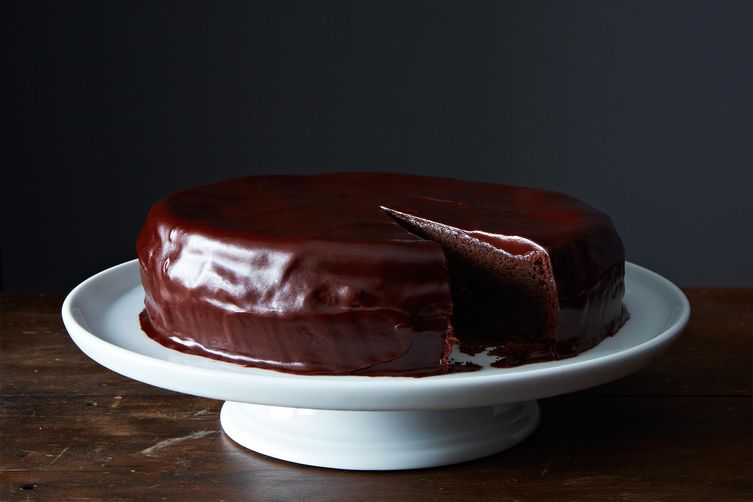
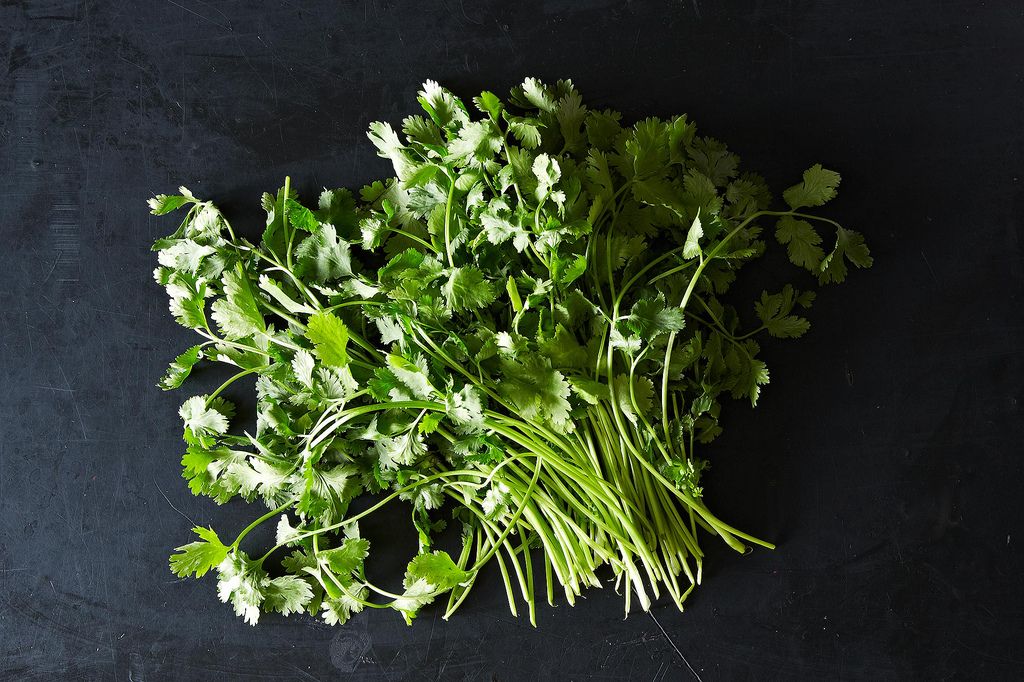
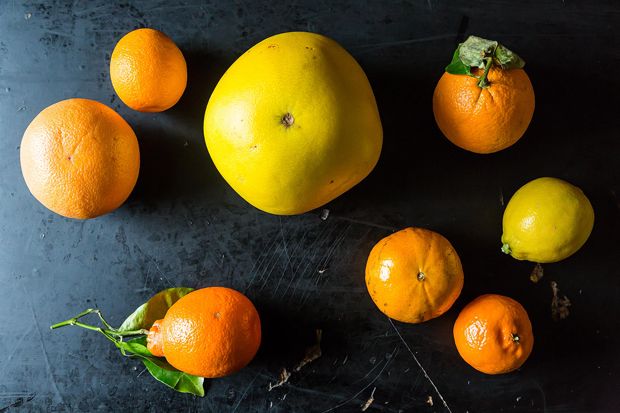
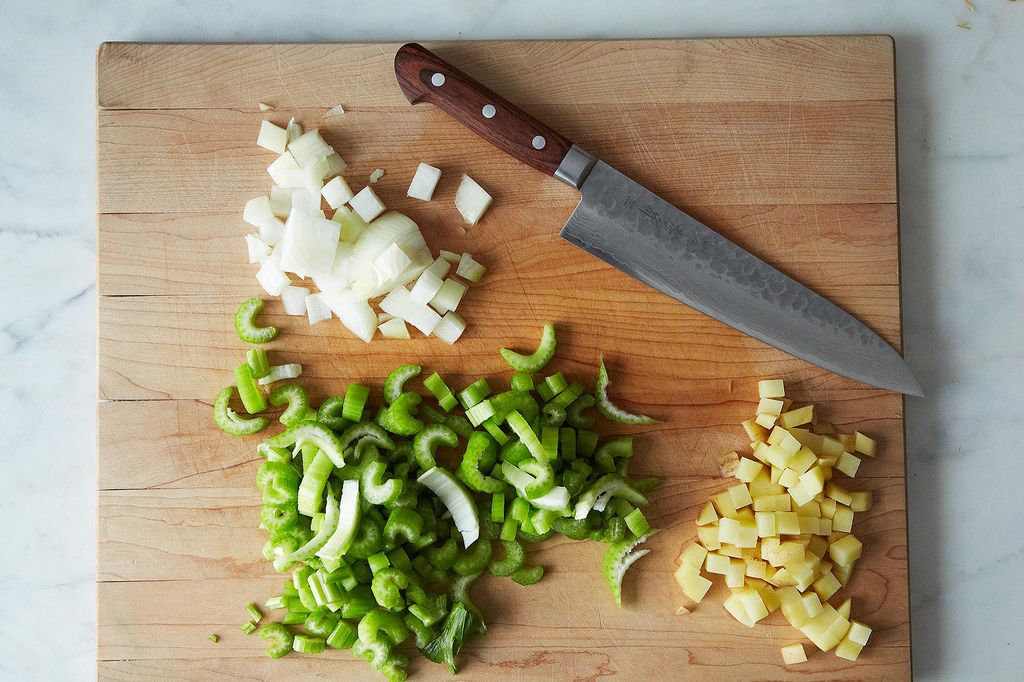
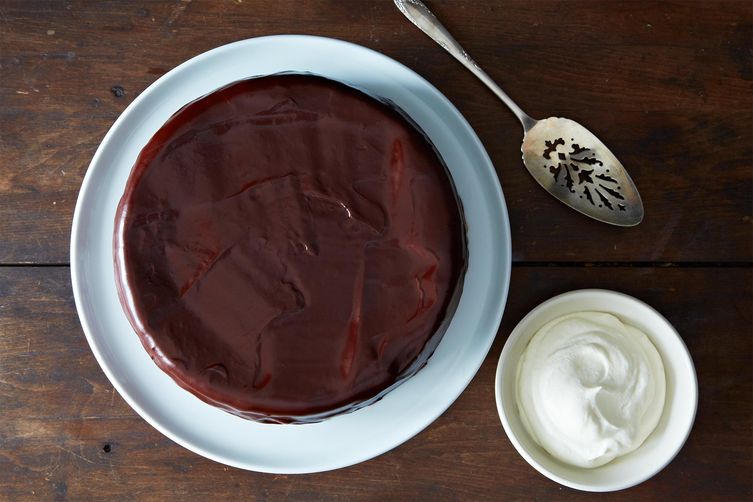
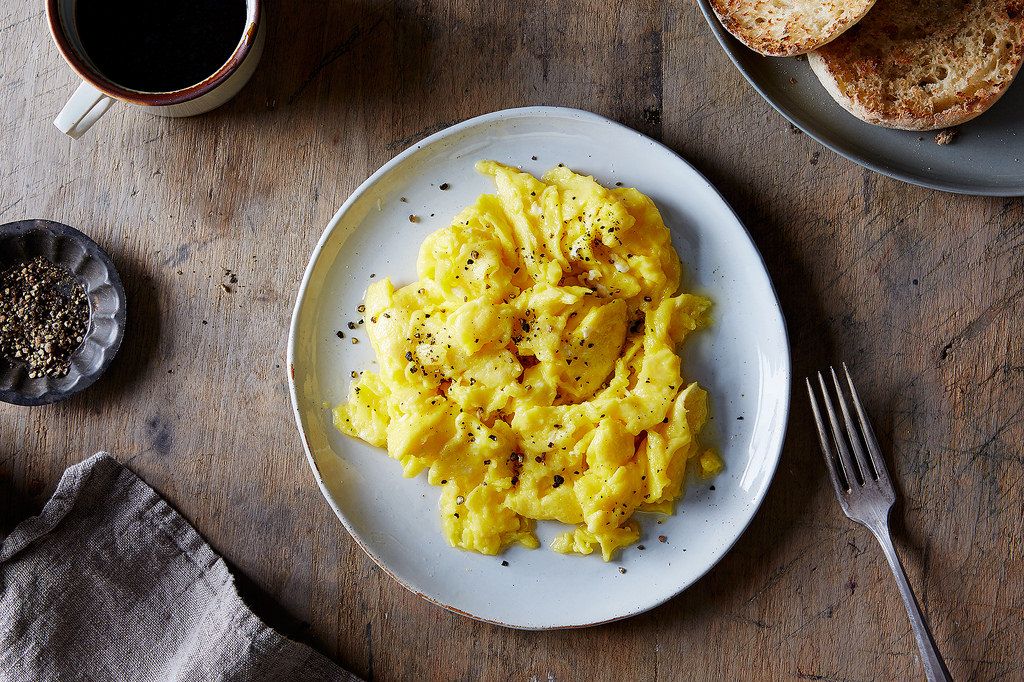

See what other Food52 readers are saying.